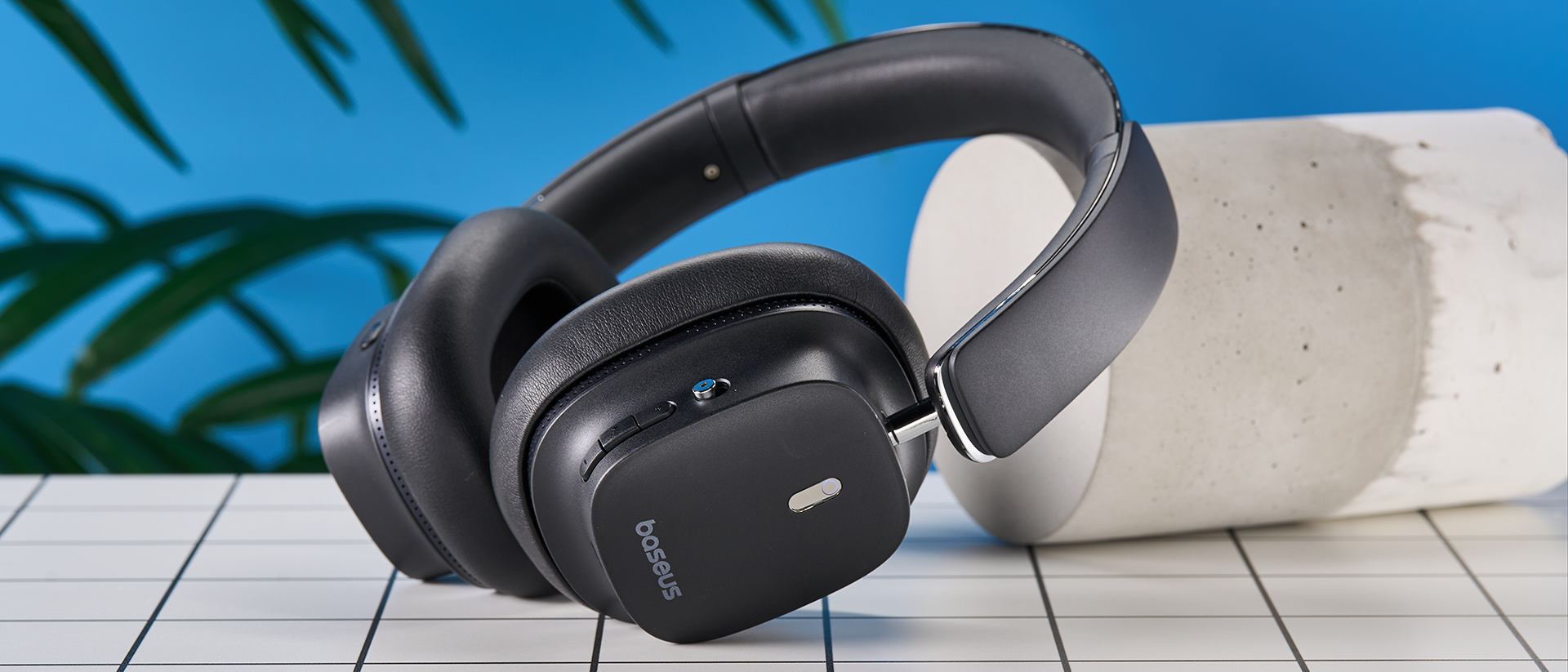Tom's Guide Verdict
Despite being priced as mid-range headphones, the only truly good aspect of these headphones’ sound quality is the bass. The mid-range and treble are muddy and tinny, and the percussion pinched my eardrums. Positives include an attractive design and decent battery life.
Pros
- +
Good bass and decent wired sound quality
- +
Good design
- +
Decent battery life
- +
Bluetooth 5.4
- +
Customizable EQ in Baseus app
Cons
- -
Very poor Spatial Audio head-tracking
- -
Faint high-pitched noise in some songs with ANC on
- -
ANC emits a staticky sound
- -
Tinny mids
- -
Percussion clips in some tracks
Why you can trust Tom's Guide
Some of the best headphones are deceptively priced. My favorite budget headphones are just $70, and during Black Friday (last week at time of writing), the Bose QuietComfort over-ear headphones fell to just $199. While $199 isn’t technically the cheapest pair of headphones ever, it’s actually only $50 more than the Baseus Bowie 30 Max headphones' listed price. Although, these headphones seem to be on perma-sale for $99, so you're very unlikely to pay the full $149.
The $99 price tag puts the Bowie 30 Max headphones a little out of the best cheap headphones category, as most of these budget cans hover around $70.
For $99, you’d expect pretty decent sound quality, with nuanced bass and gripping treble, perhaps a couple of audio irritations — something like the Sennheiser Accentum headphones. But overall, you’d still want a great-sounding pair of cans. Unfortunately, the Baseus Bowie 30 Max headphones fall short of most of these expectations with a tinny mid-range and a strange, pervasive static sound that puts a dampener on sound quality.
Could the decent wired connection sound quality, sleek aesthetics, and comfort make up for it, though? Find out the full story in this Baseus Bowie 30 Max headphone review.
Baseus Bowie 30 Max headphones review: Cheat sheet
- What is it? A pair of mid-range headphones with wired and Bluetooth connection
- Who is it for? People who want a step up from budget over-ears without committing to Bose prices
- What does it cost? $99 — but sounds like a much cheaper pair
- What do we like? The wired connection sounds mildly better than Bluetooth
- What don’t we like? The tinny midranges and muddy sound
Baseus Bowie 30 Max headphones review: Specs
Baseus Bowie 30 Max headphones review: Price & availability
Despite these headphones having a seemingly endless $99 ‘discount’ on Amazon, their list price is $149 at Amazon U.S.. Baseus' representative has confirmed that the real list price is $99 — not the supposed $149. In the U.K. they’re only £109, so if you’re in the U.K. you’re getting a much better deal. This places them at the top end of 'budget' and the lower end of 'mid-range' headphones. Our best overall cheap headphones are the $54 1More SonoFlow SE, which performed fantastically in testing.
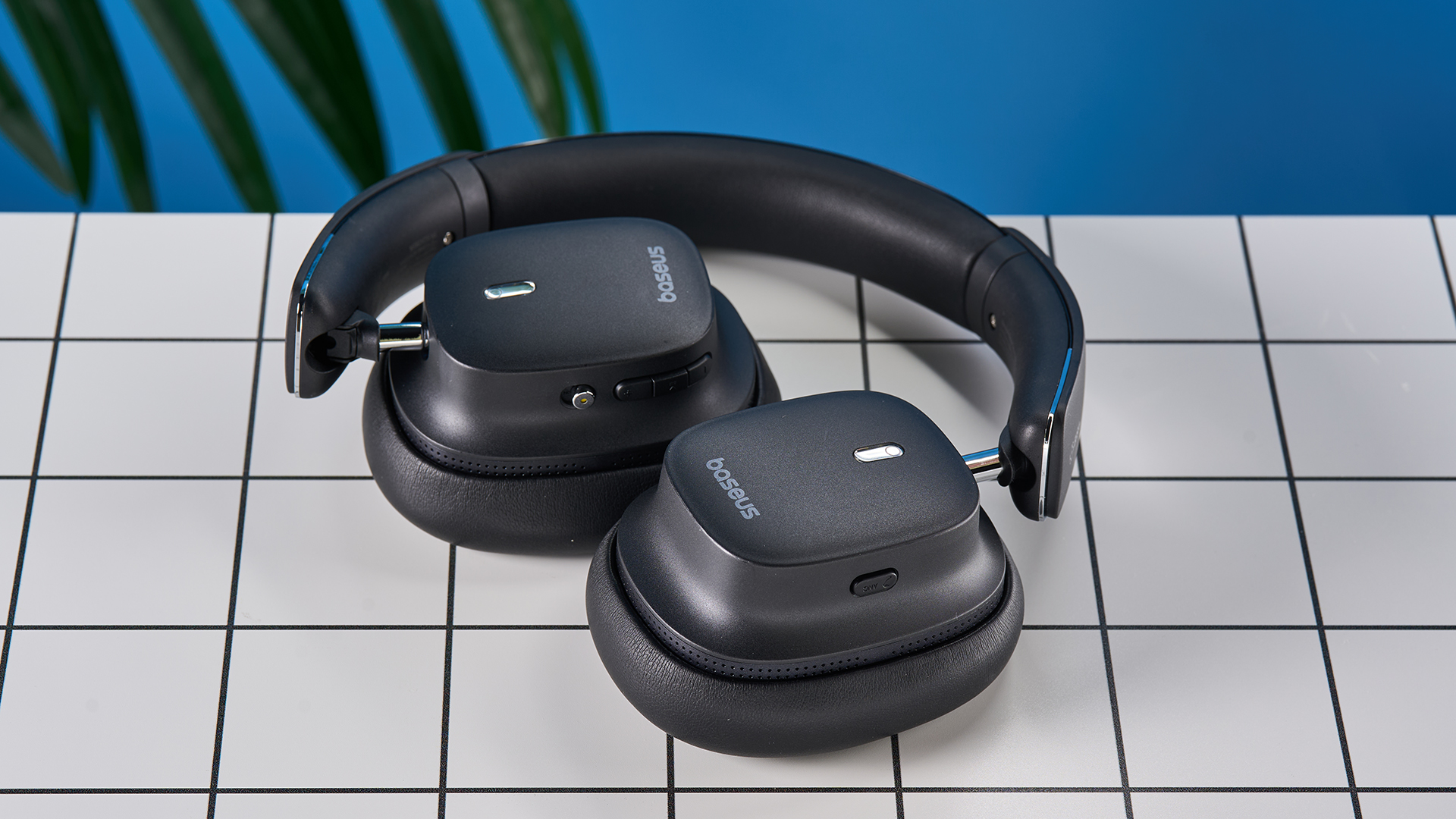
In terms of budget headphones, you can grab the JLab JBuds Lux ANC headphones for just $79, which are my favorite budget ANC headphones. If you want to save money, I’d recommend those instead.
Baseus Bowie 30 Max headphones review: Design & controls
The Baseus Bowie 30 Max have adjustable cups so you can pack them away snugly when not in use. However, I found that the cups were super swivel-happy so when I was putting the headphones on they sometimes twisted away from my ears.
Get instant access to breaking news, the hottest reviews, great deals and helpful tips.
Even if they are a little swivel-happy, these headphones look the part. The sleek black squarish cups have a small LED light and a range of nice tactile buttons for pause/play, skip, and ANC. You can adjust your touch controls in the Baseus app, but the default is this: Tap once for play/pause, twice for Spatial, and thrice for Low Latency Mode. It’s pretty easy to change with the app, so if this setup doesn’t tickle your fancy, you’re not stuck with it.
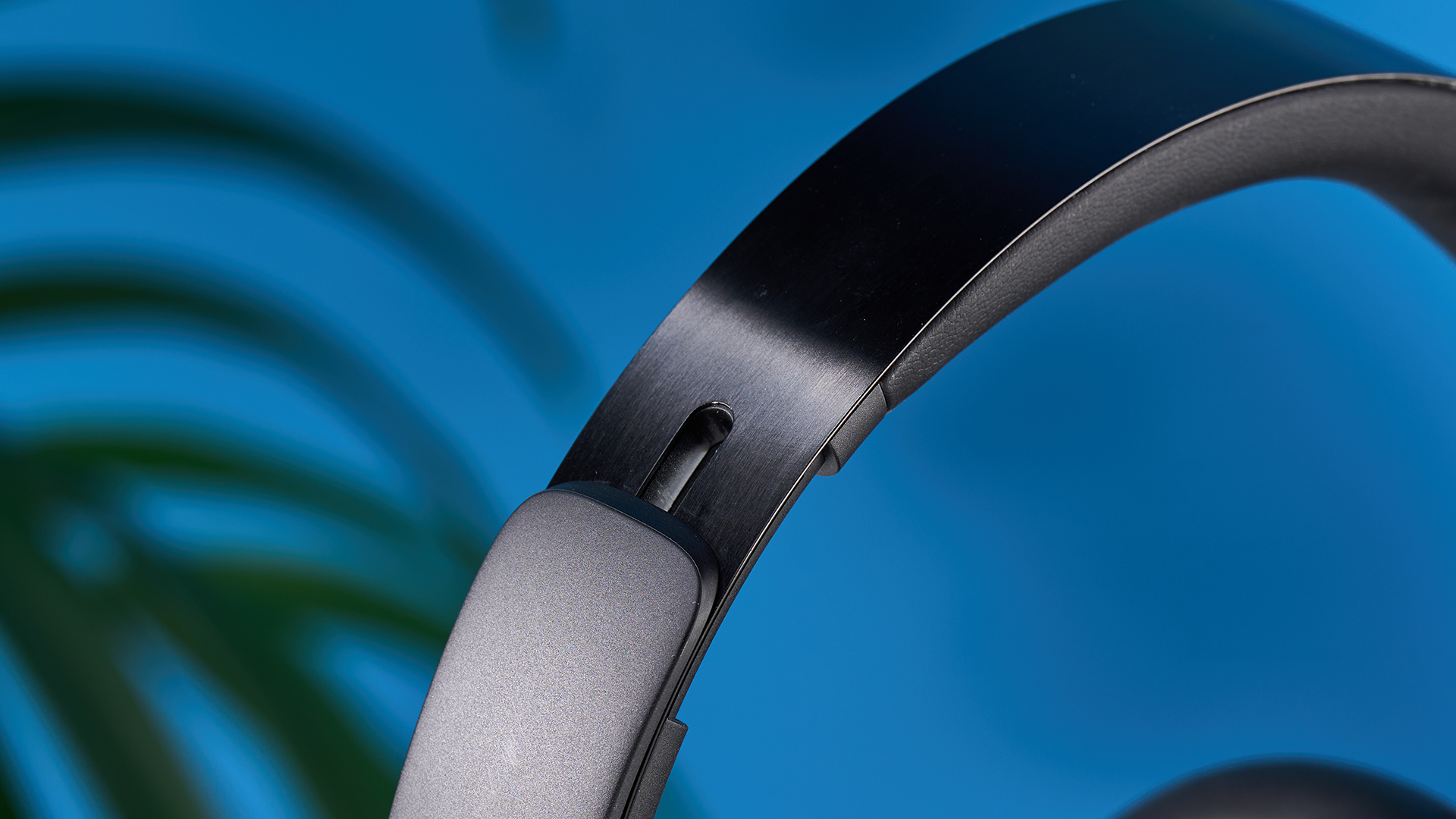
If you really want to capitalize on the Low Latency Mode, you’ll be able to wear these headphones for a long gaming session or an entire movie — they’re comfortable as heck. You’ll also be able to wear them for long periods of time if you’re not a glasses-wearer, due to the soft cups and headband. However, if you wear glasses, the cups can push the glasses arm into your head, which is not ideal.
Baseus Bowie 30 Max headphones review: Features & Connectivity
You’ll be pleased to know that the Baseus Bowie 30 Max headphones have the latest version of Bluetooth 5.4. As a result, I found that the range was long enough that I could go downstairs without my music cutting out from my upstairs office.
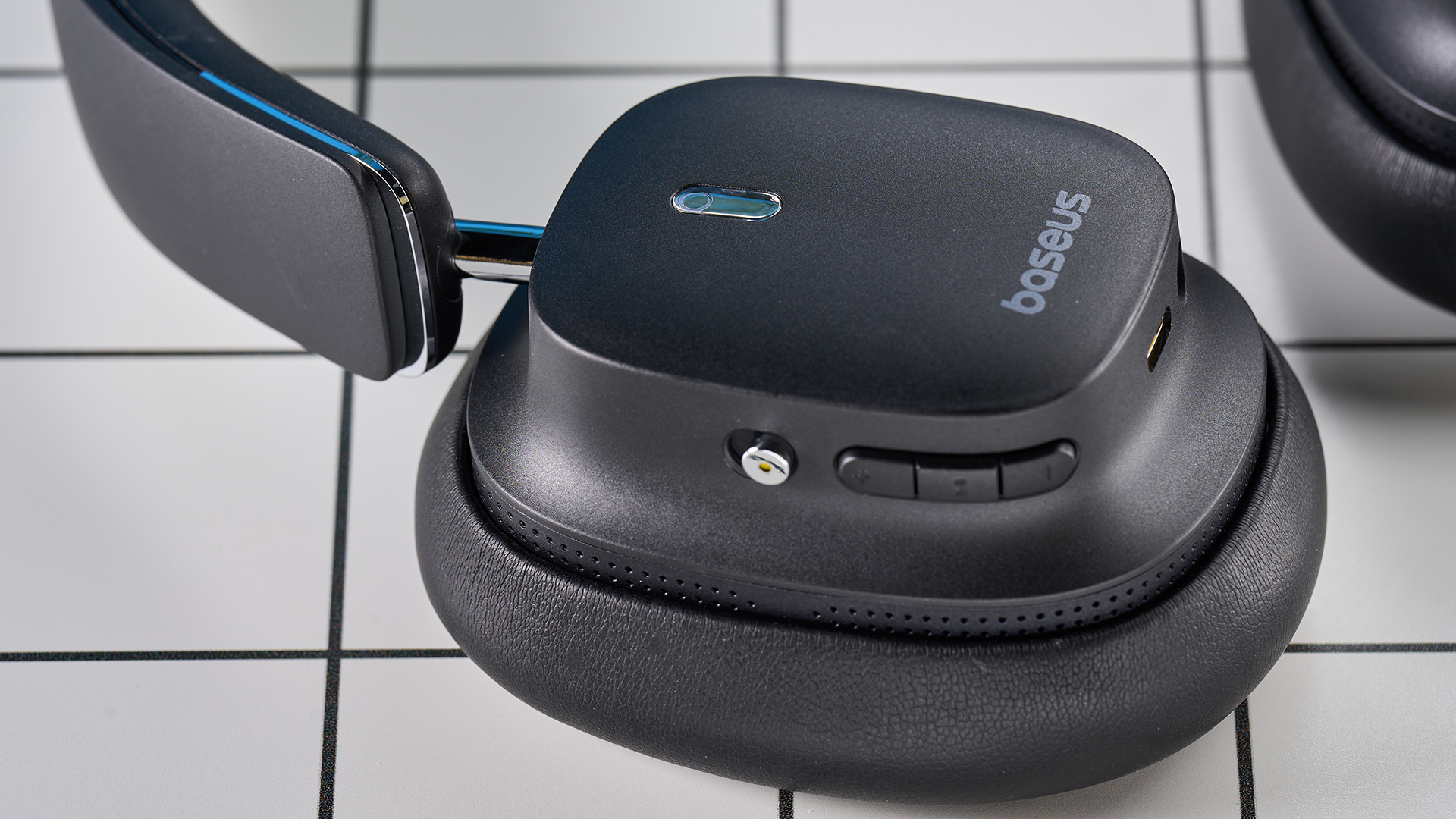
There’s a range of other features. The effectiveness of said features is another question, which I’ll discuss in more detail below. There’s head tracking spatial audio, customizable EQ with the Baseus app, and Low Latency Mode. Low Latency mode is designed to reduce delay between picture and sound while watching TV or movies, or playing games. In practice, I found there was no delay between audio and visual elements during my Netflix time, but I’m not sure if it’s this particular mode, or just Netflix. Gamers will be happy it’s an option.
Baseus Bowie 30 Max headphones review: Call quality
The call quality is good on these headphones. I called my boyfriend and he said they sounded neither better nor worse than what I perceive as the brazenly mediocre performance of my AirPods Pro 2. So I’d call that a win for these mid-range headphones. They seemed to do a good job of minimizing ambient traffic noise, but I don’t know if they’d hold up in professional video calls.
Baseus Bowie 30 Max headphones review: Battery
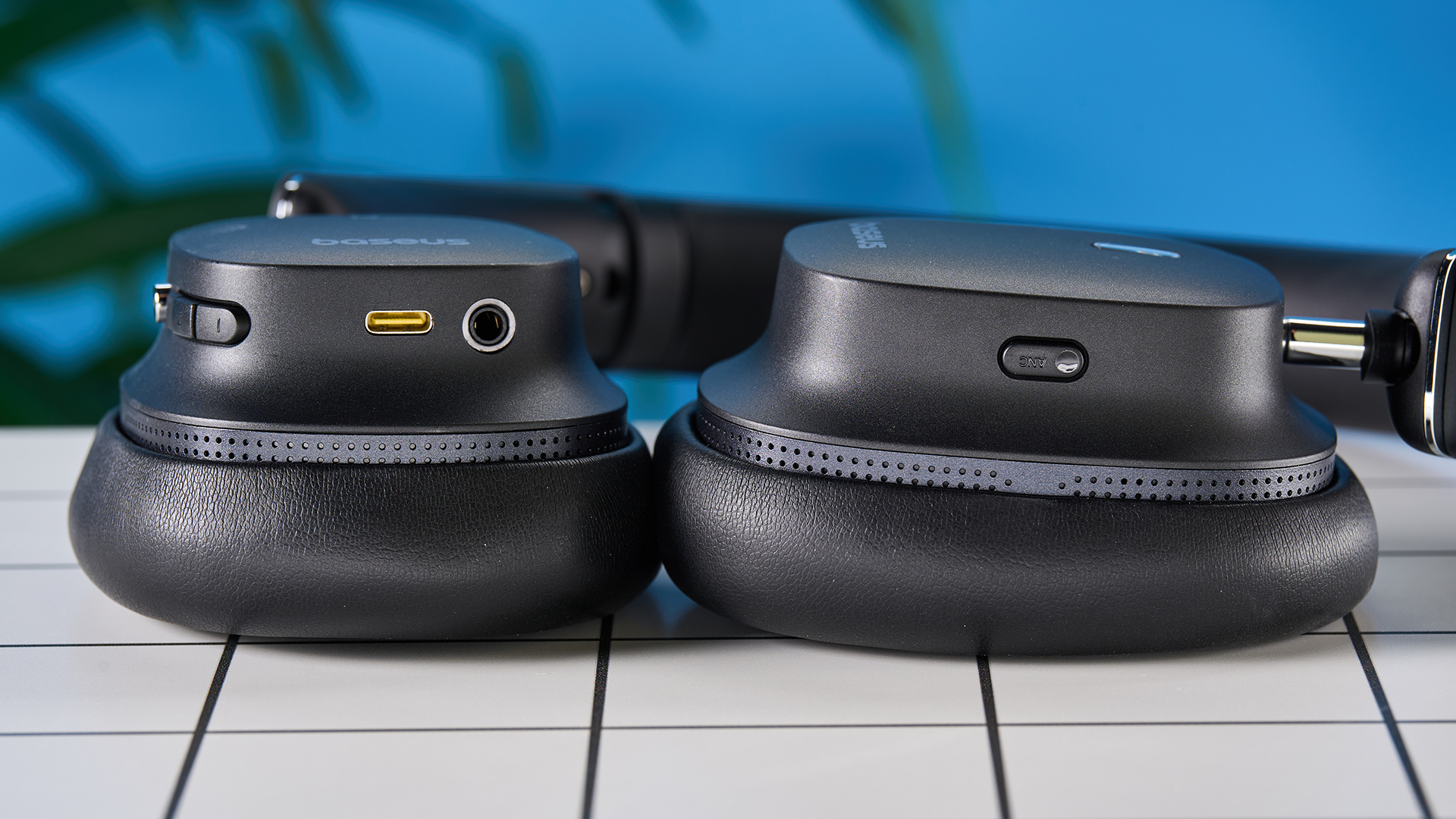
The battery life on the Baseus Bowie 30 Max is pretty great. You get 50 hours with ANC and 65 without ANC, which is better than the AirPods Max’s 20 hours. One of the best battery lives I’ve seen is the Marshall Monitor III headphones ($349) last for a maddening 70 hours with ANC. Around the same price point as the Bowie 30 Max headphones, the Sennheiser Accentum ($179) last for 50 hours with ANC enabled too. While these are $20 pricier for the same battery life, you also get a warm audio quality (despite having smaller 37mm drivers).
Baseus Bowie 30 Max headphones review: Audio quality
With 50mm drivers to power bass, it’s no surprise that these headphones have pretty good bass quality. Bass was often the only thing I vibed with while listening to these headphones, so if you’re a bass fanatic (who isn’t?) then these would be good cans to get. However, in many tracks without extreme bass, the sound quality was muddy and tinny.
Baseus’ specs suggest these headphones have upgraded audio detail by 300%, and enhanced bass by 200%. There’s no quantitative data on these numbers and I’m not sure what metric this is compared against. The bass on these cans is good, yes, and the audio quality (specifically when wired) is decent.
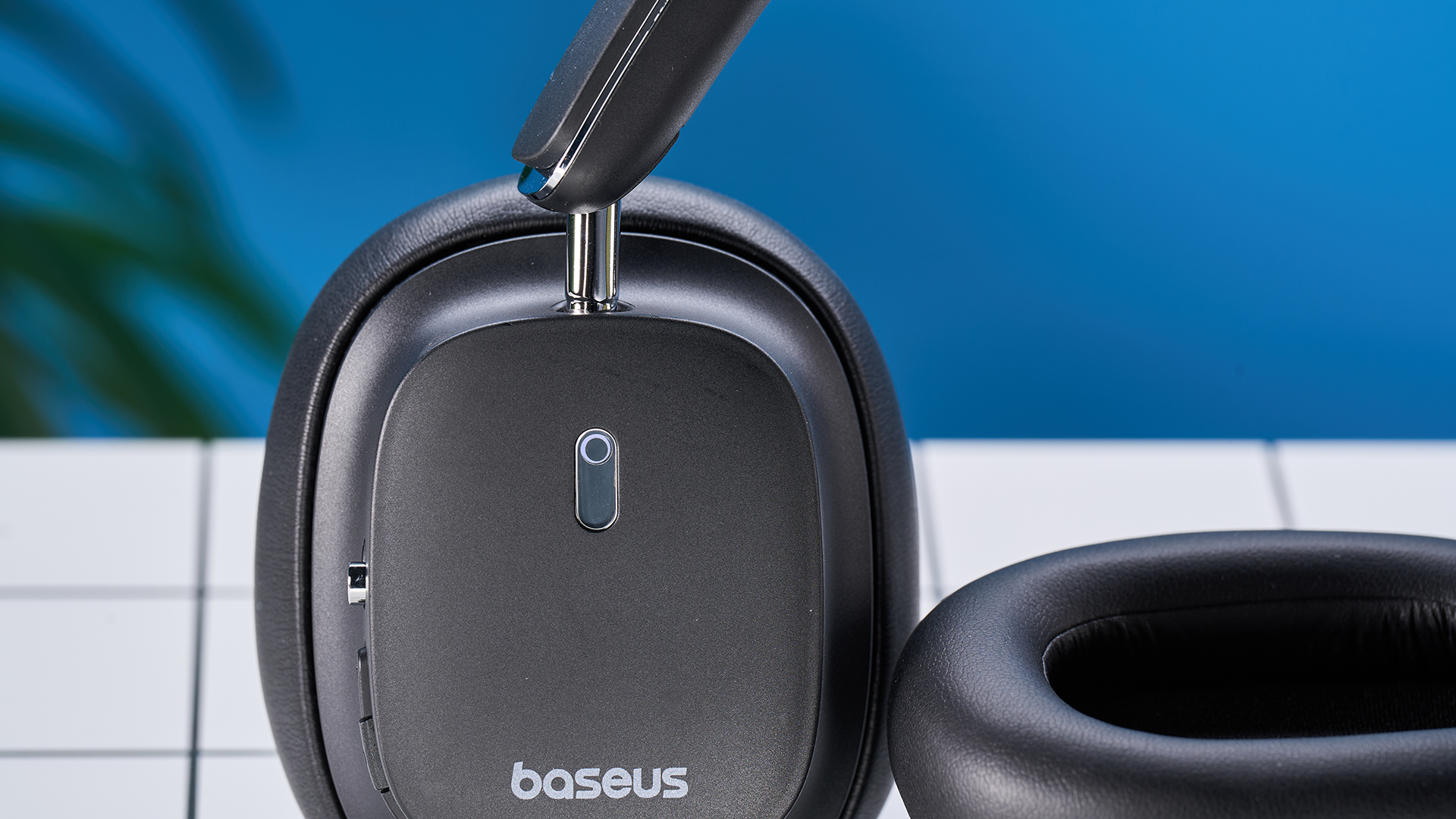
Now the audio quality differs depending on what setting you’re listening on, so I’m going to discuss sound threefold. First, I’ll discuss Bluetooth with no spatial audio or head tracking. Vanilla, so to speak.
I first ventured over to Deezer and listened to Rina Sawayama’s entire ‘SAWAYAMA’ album. I chose this album because of its genre-hopping nature; the opening track has roaring nu-metal guitars, the second track is a homage to ‘00s Britney, and the fourth track is a grooving synth-heavy club song. While none of the songs sounded bad in the slightest, most of them were flat and uninspiring, certainly not as bonkers as they sound through other headphones.
Next, I tested the headphones with LDAC enabled and I couldn’t tell a massive difference from vanilla listening. I put on Bob Marley’s "Jamming" and enjoyed the groovy bass, but the cymbal clipped and pinched my ears. So if you listen to solely bass-heavy tracks, you could get away with these headphones.
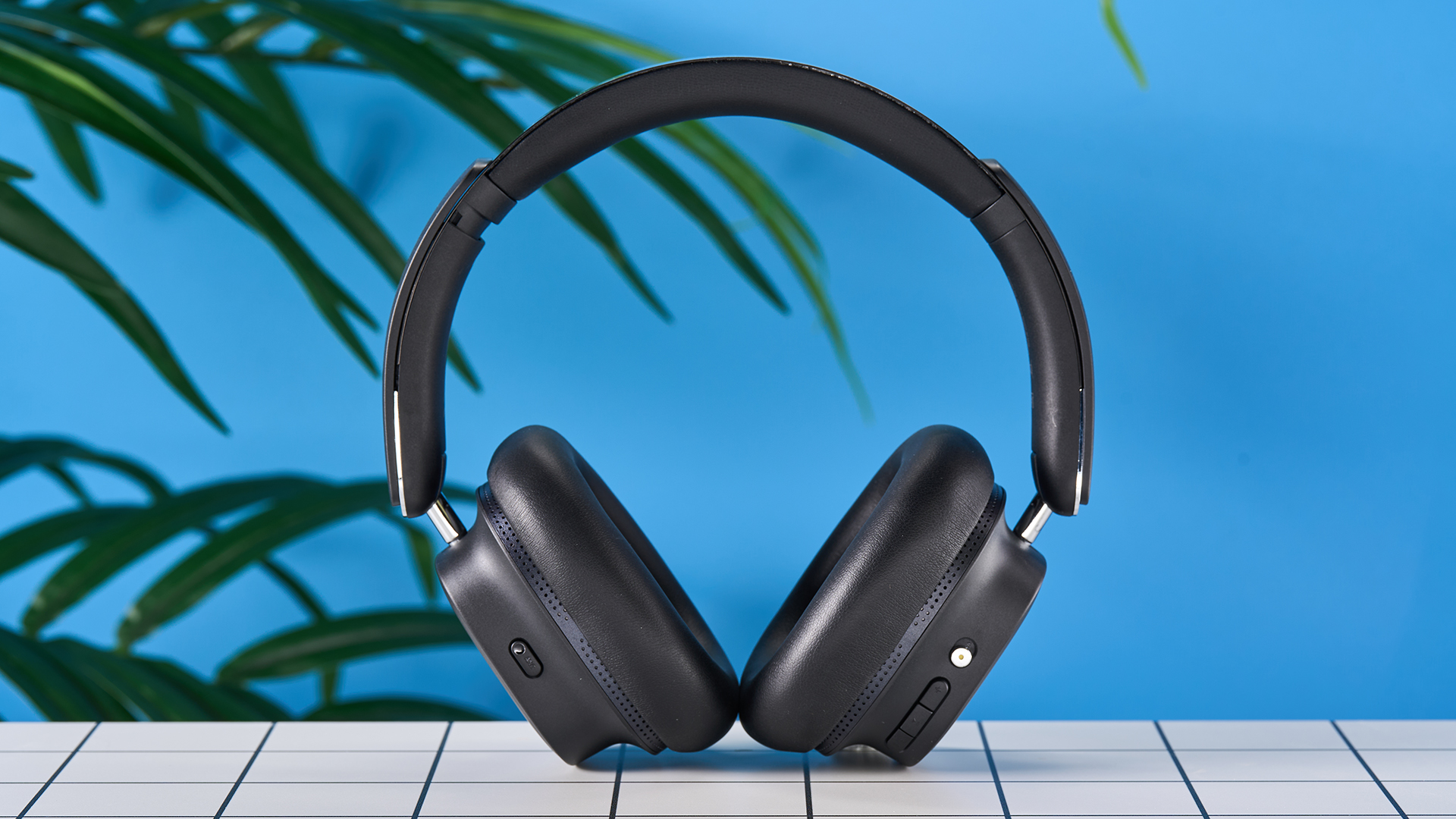
Next, wired. This is where these headphones live up to their price. I actually liked this more than I thought I would, after listening to them with Bluetooth. The sound quality still isn’t great, but it’s getting there. I listened to ‘HEAT’ by SG Lewis and Tove Lo, which is a glittering, floor-filling house track. The bass sounded powerful enough to get me off my chair and start grooving in my office, but I didn’t, lest my colleagues shun me. Tove Lo’s syrupy, modulated vocal was alive with sugar and spice and everything nice. Although the percussion clipped a little in the super high trebles, the bass was good enough that I didn’t quite mind.
Here’s where my brief adoration was cut short. I then enabled head tracking and spatial awareness, which is one of the main selling points of these cans. Oh, how I wish I hadn’t. You know that sound that cleaning a window with a microfiber cloth makes? The deep squeak? Combine that with driving super fast with the windows rolled down and that’s what the head tracking sounds like. When I moved my head from side to side, the music was distorted and warped, as if I’d blown the music through a hairdryer. I would not recommend buying these headphones for head tracking at all — just leave it turned off and you’ll be much happier.
Baseus Bowie 30 Max headphones review: Verdict
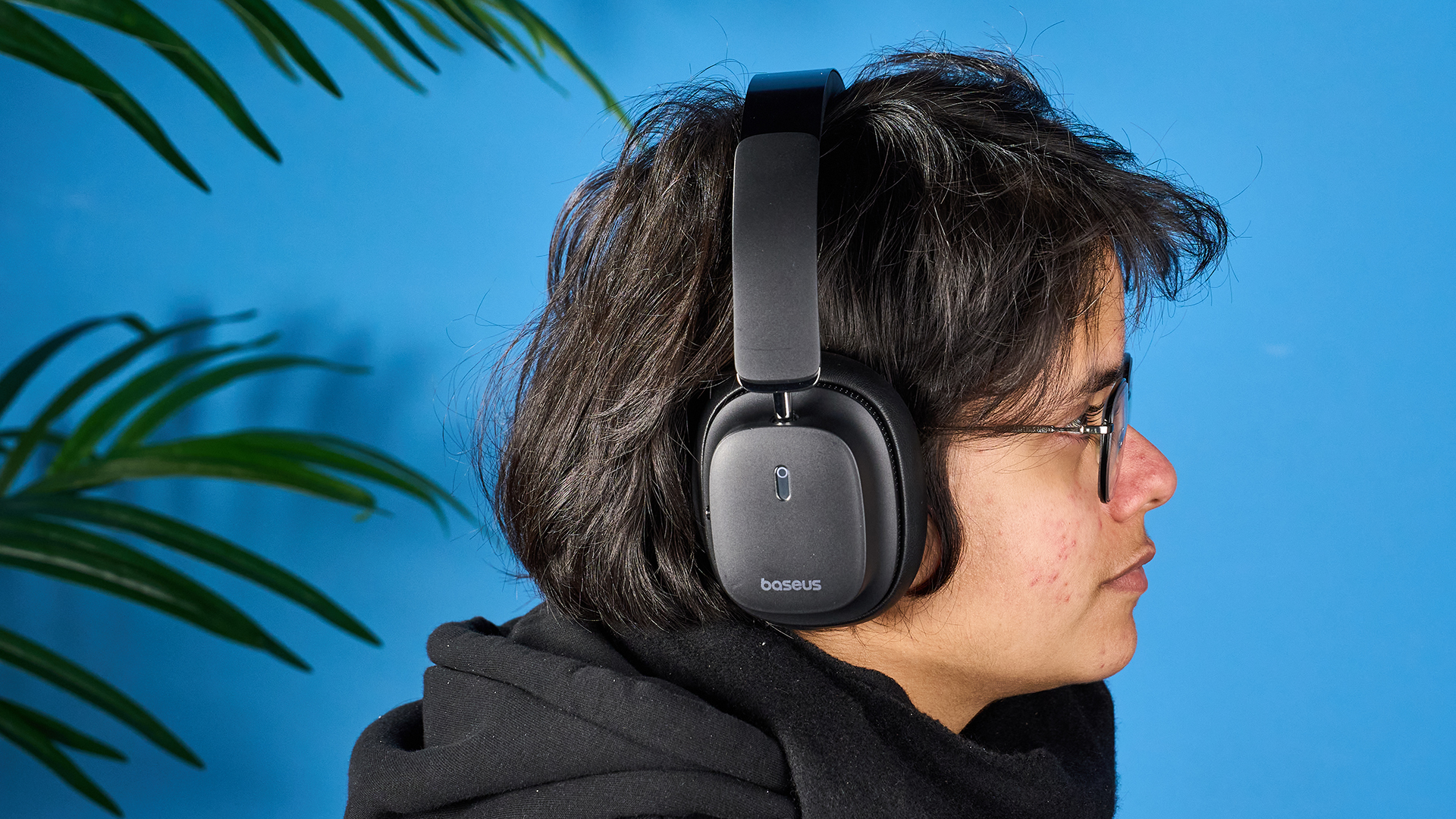
If you’re going to listen to music with the 3.5mm jack connected at all times, these headphones don’t sound terrible. However, I can’t recommend these cans for their wireless sound alone. The bass was good, but the mid-range and treble sections were tinny, muddy, and pinchy. Some songs sounded better from my MacBook speakers.
The battery life is decent and the aesthetic is sleek, but for a pair of headphones, it’s tricky to overlook poor sound quality. I suppose these would be worth it for $70, not $99, so if you can snag them on super sale, why not?

Erin Bashford is a senior writer at Tom's Guide, focusing on reviews. She has a Masters in Broadcast and Digital Journalism from the University of East Anglia. As an ex-barista, she knows her way around a coffee machine, and as a music lover, she's constantly chipping away at her dream of having a multi-room home sound system. In her spare time you can find her reading, practising yoga, writing, or stressing over today’s NYT Games.
